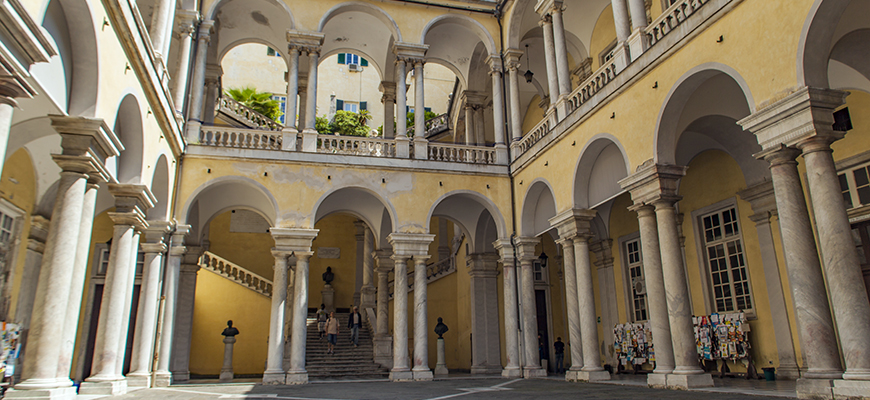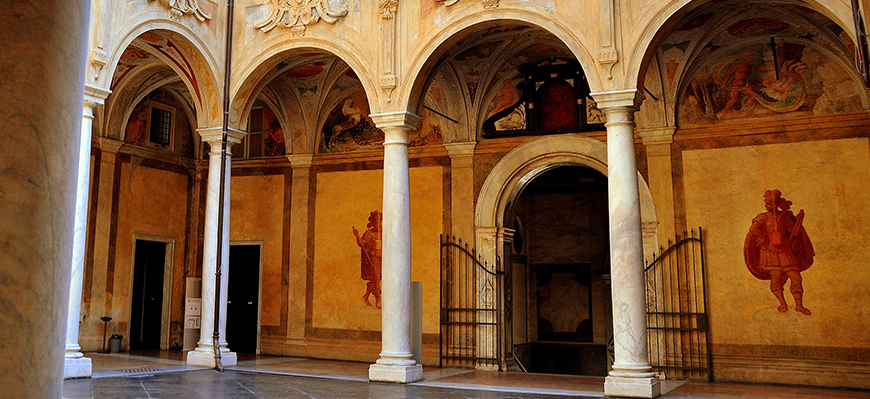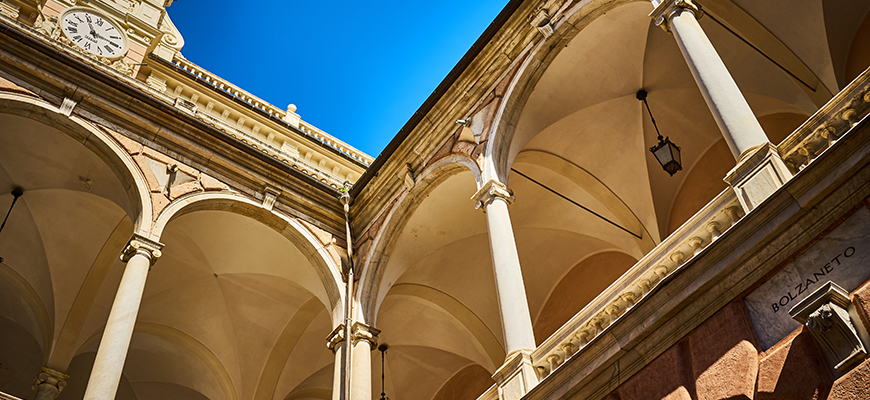WORKSHOP: The Ethical Complexity of Voting
Genova, July 8-9, 2021




The REDEM workshop on The Ethical Complexity of Voting will be devoted to the discussion and exploration of different dimensions along which voters can face hard choices and complex electoral scenarios. The workshop will pay special attention to how voters, who are situated in particular positions on the gender, social, economic and racial axes, perceive electoral choices and dilemmas. Topics to be covered include: the extent, content and severity of the ethical conflicts facing citizens as voters; the classification and in-depth discussion of electoral scenarios that lead to ethical conflicts; the type of information, evaluative strategies and reasoning, institutional changes that citizens need to support their voting decisions; voting dilemmas and value trade-offs; and the ethical conflicts created by the specifics of a given electoral system.
DAY 1: Thursday, July 8, 2021
DAY 2: Friday, July 9, 2021
Session 1
Workshop Opening
09:30-09:40 OPENING REMARKS
Annabelle Lever - Sciences Po/CEVIPOF (Project Coordinator)
Valeria Ottonelli - University of Genova (Workshop Chair)
The communicative dimension of voting:
counter-speech, lies and sincerity in electoral
dynamics
09:40-11:10 PANEL
Panel Chair: Federico Zuolo - University of Genova
Corrado Fumagalli - University of Genova
Voting as an act of distancing from hateful representatives
Dimitros Efthymiou - Goethe University, Frankfurt a.M.
Political lying and political parties: Are political parties ever justified to lie
to their voters?
Panel Discussion
Session 5
What to do? Electoral dilemmas and their significance
09:30-11:00 PANEL
Panel Chair: Jacob Garrett - Sciences Po, University of Genova
Andreas Brøgger Albertsen - University of Aarhus
Electoral dilemmas – a typology
Toni Gibea - University of Bucharest
Dilemmas on the ethics of voting
Panel Discussion
Session 2
From polls to government: the function of voting
predictions and the role of leaders in a democracy
11:30-13:00 PANEL
Panel Chair: Carlo Burelli - University of Genova
Elise Rouméas - University of Groningen
Roberto Cerina - University of Maastricht
Rise of the mechanical pollster: What voters gain from “Big Data”
Elena Ziliotti - Technical University Delft
Do voters need leaders?
Panel Discussion
Session 6
Political representation and its challenges
11:15-13:15 PANEL
Panel Chair: Enrico Biale - University of Eastern Piedmont
Fabio Wolkenstein - University of Aarhus and University of Amsterdam
Surrogate representation and rational voting
Attila Mràz - Sciences Po
Parents as voters
Annabelle Lever - Sciences Po/CEVIPOF
Democratic selection
Panel Discussion
Session 3
Enfranchisement and its boundaries
14:00-15:30 PANEL
Panel Chair: Alexandru Volacu - University of Bucharest
Marcus Häggrot - Goethe University, Frankfurt a.M.
Incorporating non-resident voters
Ludvig Beckman - University of Stockholm
Responding to wrongful enfranchisement: moral duties to vote or moral
duties not to vote?
Panel Discussion
Session 7
The practice of voting and the duties of participants
14:15-15:45 PANEL
Panel Chair: Michele Giavazzi - University of Genova
Emanuela Ceva and Nenad Stojanović - University of Geneva
Citizens’ accountability in the ballot box
Chiara Destri - Sciences Po
Informed voting as due diligence
Panel Discussion
Session 4
Invited speaker
15:45-17:15 KEYNOTE ADDRESS
Moderator: Valeria Ottonelli - University of Genova
MICHAEL SAWARD - University of Warwick
Dynamics of electoral and non-electoral representation
About the speaker
Michael Saward is Professor of Politics and International Studies at the University of Warwick. His key area of research is contemporary democratic theory and he is currently working on a range of issues, including performance and democratic representation and the role of political ideas in practical political life. He has authored 6 monographs, edited 5 volumes and is the author of over 50 journal articles and book chapters. His book The Representative Claim was awarded the George H. Hallett prize by the American Political Science Association in 2020. A Major Research Fellowship from the Leverhulme Trust has supported his work on democratic design (2016-19) and his new book Democratic Design was published by Oxford University Press in March 2021.
Discussion
Session 8
Invited speaker
16:00-17:30 KEYNOTE ADDRESS
Moderator: Annabelle Lever - Sciences Po
RICHARD BELLAMY - University College London
The ethical dilemmas of referendums: The case of Brexit
About the speaker
Richard Bellamy is Professor of Political Science at the University College London. He has written 10 monographs, edited or co-edited more than 30 books and special issues and authored over 50 refereed journal articles and more than 100 short articles and book chapters on intellectual history, analytical legal and political philosophy and comparative politics. He has also been a leading figure in the normative study of the European Union and directed and participated in a number of Leverhulme, ESRC and European Commission research projects in this area. His most recent book is the monograph A Republican Europe of States: Cosmopolitanism, Intergovernmentalism and Democracy in the EU was published by Cambridge University Press in 2019.
Discussion